Several questions have arisen since the publication yesterday of the story about the Penn Alexander limiting enrollment. We have been pursuing two things today:
One is a legal clarification on what exactly a catchment area means. More information on that is included below. We have also offered an official from the school or the University of Pennsylvania to write a note to parents and community members advising them on further steps for enrollment that we would publish. So far we have not received a reply.
Here is a list of questions to continue the conversation and some answers (Any comments or further clarification are greatly appreciated. Please leave a reply below):
• Is there no school that is obligated to take our kids?
This is where some clarification on the law probably would help. Some have asked if a class-action lawsuit is possible. The wording on the Penn Alexander Home and School Association website about what a “catchment” means is a reflection of the School District of Philadelphia wording: “Any school-age child living within this area is eligible to attend the school.” “Eligible” is the operative word. An education lawyer and former teacher from West Philly (apologies for the anonymity) wrote us that:
The district is under no legal obligation under state or federal law (short of potential mandates under the IDEA or mandates for schools that are under desegregation orders) to place any student in any particular school within its boundaries. Under state law, a district must “enroll” every eligible student within its boundaries in “a” school, but there are no legal mandates giving students an entitlement to a particular school.
There are rights, he continued, to transfer out of “persistently dangerous” schools, but there are no legal requirements for the District to maintain a “neighborhood” school.
• If we don’t get a spot in our neighborhood school (PAS) we’re just supposed to apply to other schools and hope for the best?!
“If I wanted to apply to charter schools or apply to other neighborhood schools I would not have moved into ‘the catchment,’” one reader wrote. Parents with school-age children in the area who want their kids to stay in their neighborhood (to “walk to school”) have the option to send their children to the Henry C. Lea School (4700 Locust) or the Alexander Wilson School (1300 S. 46th St.). West Philly Local is not in business to recommend schools to people, but it should be noted that a tremendous amount of activity has been happening recently at the Lea School. It has a Home and School Association that is growing and the West Philly Coalition for Neighborhood Schools, which now includes nearly 200 parents and community members, is devoting much of its resources and efforts to the school. The website PhillySchoolSearch.com has an excellent primer on the transfer process.
My children may have to attend separate schools?
Penn Alexander officials have said that there will be no provisions made for siblings. As for other schools, again it depends on where you look.
Are there no future plans to expand PAS in the future?
So far, no.
How will enrollment for kindergarten happen if not a lottery?
A Penn Alexander official we talked to was emphatic that there would be no lottery. So in the near future it looks like lining up for the 50 or so spots is the only way. In March January the line-up began the night before registration began. The same school official said preference for first grade for next fall would be given to those students whose parents lined up but did not get a spot in kindergarten, making the fate of those who have to wait for the August 15 registration date even more precarious. This whole process is obviously not sustainable, but an alternative has not been announced.
How much of a dip in our home’s value should we expect?
No one can answer this for sure. Home prices have tripled within the catchment area since the school opened and everyone knows about the catchment premium on houses within the bouadaries (sometimes speculated to be as much as $100,000). It would seem logical to assume that this news will prick the housing bubble in the catchment boundaries. Real estate agents have capitalized on the catchment (see photo above). But home prices near the catchment have also appreciated greatly and if the Lea school keeps improving, there is reason to believe that home prices near it will continue to rise. One question is how many who have been on the fence about selling might be interested in selling right now?

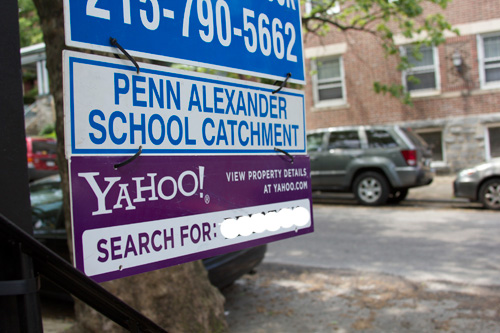
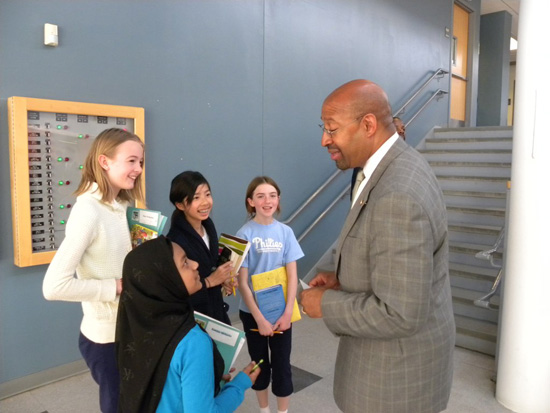
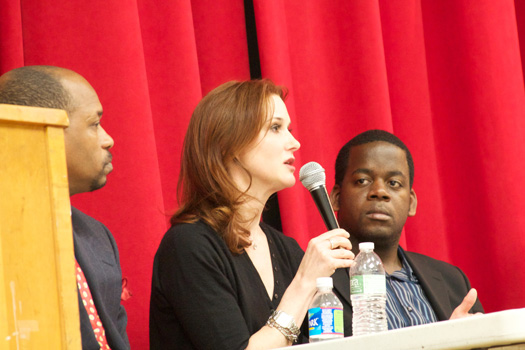

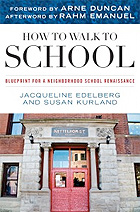
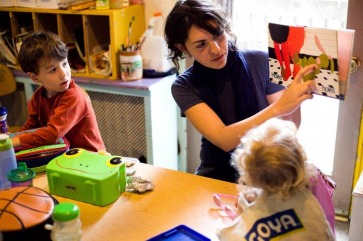





Recent Comments